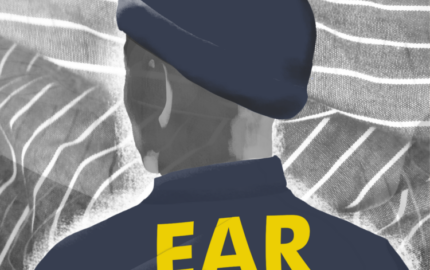This is a moving story about guilt, responsibility, powerlessness—and caring. That this is a first-person account is not only unusual; it is essential to the story's effectiveness. It makes for emotional material and also allows Bock to write in a frank, intimate, non-official-newspaper voice. It allows her to write statements like this: "I do not mean to romanticize what was, essentially, a harsh subsistence. I just want you to know what was lost." The voice of the publication she is writing for is of course generally official and removed, but she grabs her reader by the arm and insists, in effect: This village half-way around the world is real. I was there. You should care. She avoids alienating her readers with such insistence by allying herself with them, by being good company.
Read “A Land of War,” by Paula Bock
Read “A Land of War,” by Paula Bock


